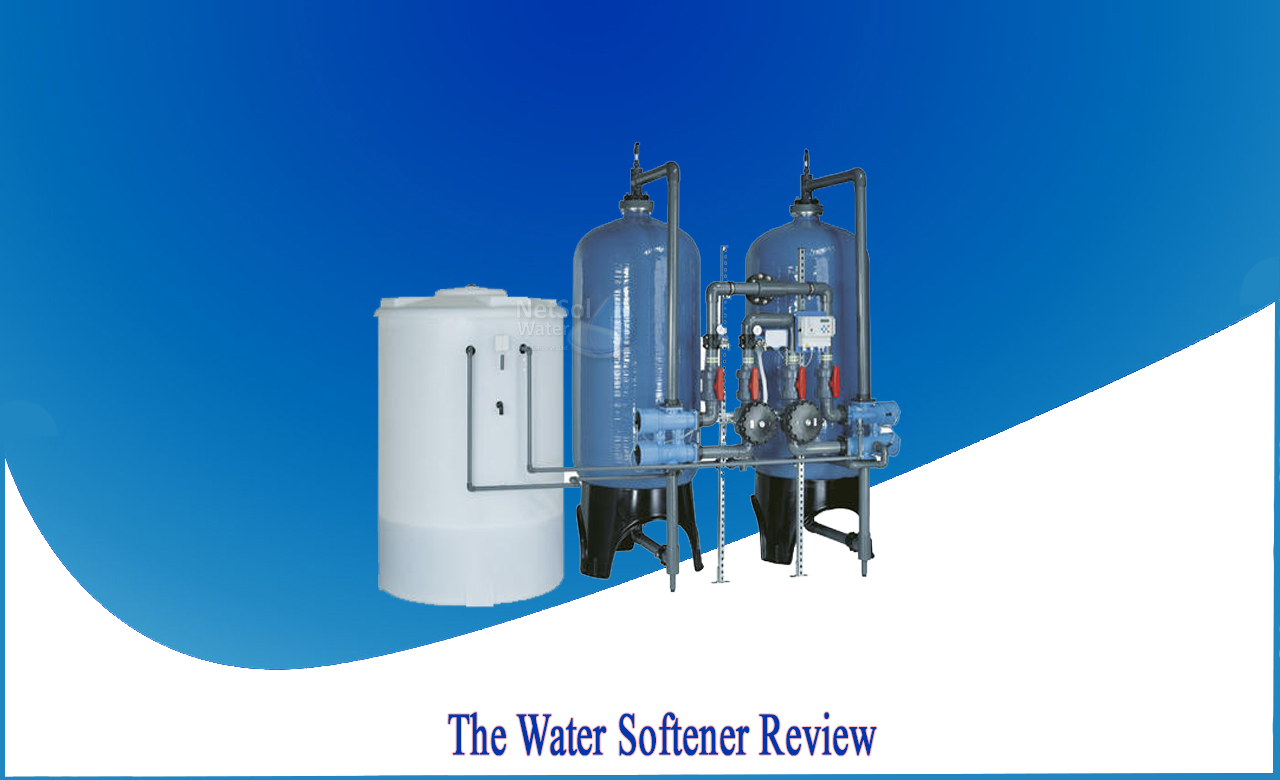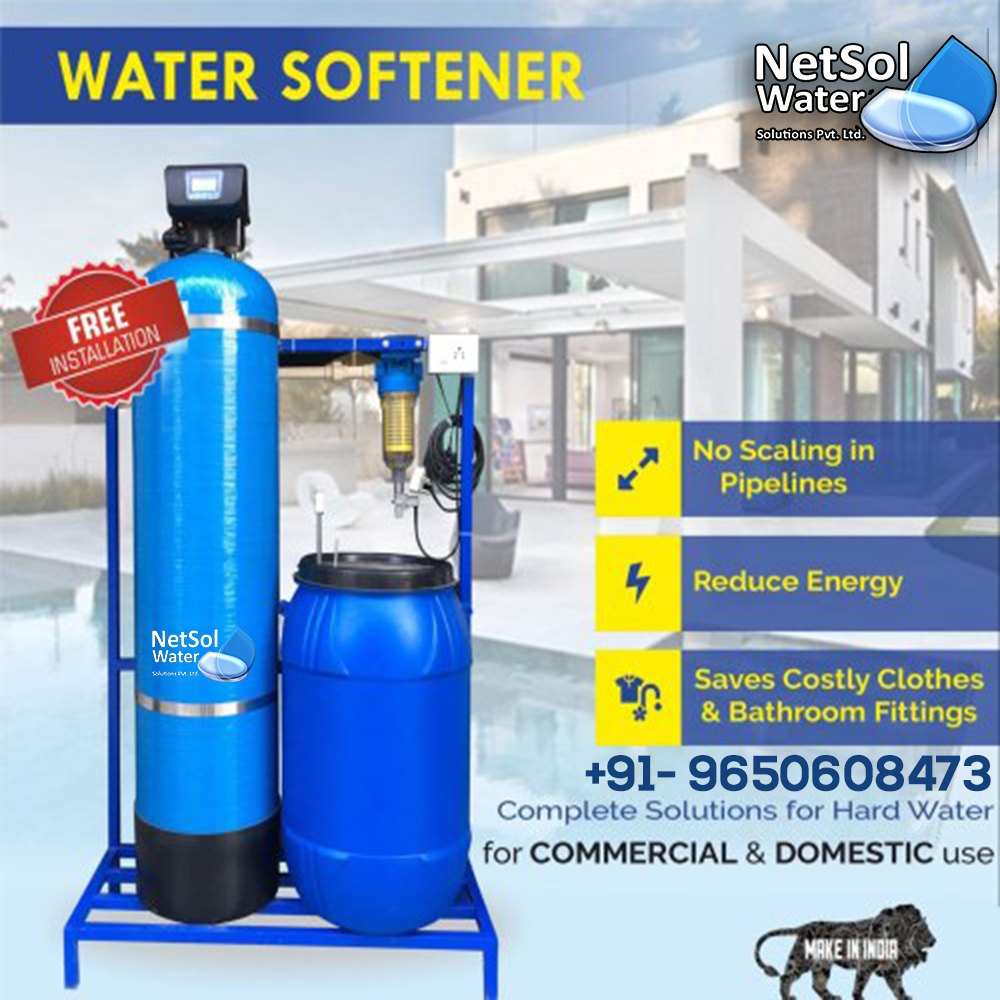We all have a supply of hard water in our homes. This can cause damage to our plumbing systems and appliances, as well as increase the cost of detergent and soap. Installing a water softener at home can make your water softer and kinder, but how do you know which unit is right for you?
One of the best aspects of the modern world is easy access to a wealth of information on the internet, which includes product reviews for a wide range of products. It's simple to look for a water softener review online, but it's more difficult to understand the terminology.
Which Water Softener I Buy?
A water softener's primary function is to mitigate the negative effects of hard water. Although hard water can be beneficial to humans, plants, and animals, it causes calcium and magnesium buildup in plumbing pipes and appliances, as well as hot water heaters. The negative effect of calcium adhering to your hair, skin, and clothing has also given rise to a thriving industry of hair, skin, and soap products designed to counteract these effects.
THE ADVANTAGES OF USING A GOOD WATER SOFTENER
- Soaps and detergents' rich cleaning ability is restored. Reduces usage and costs by 50-75 percent. You can get better results by using less soap. You will save money as a result of this. Today's soaps and detergents contain harsh chemicals to combat hard water while still providing some lather and cleaning ability
- Hair and skin become softer, cleaner, smoother, and healthier. Soap thoroughly cleanses your skin and hair, leaving no harsh residues to harm you.
- Fabrics last longer, are softer, and remain whiter. Detergents are easily removed from soft water.The "soap less" water quickly becomes foamy due to residues left in hard-washed fabrics. Detergents can be completely rinsed out with soft water. Fabrics are also softer without being stiff.
- Consider the minerals that are trapped in water. Fabrics last longer, and whites remain white without the dingy grey that hard water causes.
- On bathtubs, showers, sinks, and toilets, there are no hard water deposits, chalk, orange rings, water spots, or soap scum
- Shiny silverware and glassware that is free of water spots.
- You save time and embarrassment by not having to remove all of the hard water deposits.
Let's take a closer look at three of the most important criteria to look for in a water softener review, as well as what they mean.
>The kind of water softener
For a modern domestic installation, there are three main types of water softeners available. They are salt-free, ion exchange, and magnetic.
- Ion Exchange: As the name implies, this method exchanges the ions of water hardening minerals for softer sodium (salt) ions.
- Magnetic: This is a newer method that has mixed results. The magnets are intended to pull any hard minerals from the water.
- Salt Free: This is a system similar to ion exchange, but instead of sodium, which can be an issue for some people on low salt diets, potassium chloride is used.
Every water softener system has its own set of benefits and drawbacks. However, ion exchange is the most effective and dependable method, which is why it is the most commonly used water softener today.
>The Regeneration Procedure
Regeneration is required to ensure that the water softener is using the correct amount of salt and running efficiently. In the home, there are two types of regeneration. They are triggered by a timer and a demand.
- Timer: This regeneration method is controlled by a timer system that the homeowner has set. Typically, the water softener is set to regenerate every four days. This happens automatically, regardless of the amount of water used.
- Demand Initiated: When a certain volume of water has been softened, this system will regenerate.
These two methods are quite different; a demand-initiated system uses less salt and is thus a popular choice.
>Volume of Water and Regeneration Frequency
Every home uses a different amount of water depending on the number of people living there, their water usage habits, and a variety of other factors. The regeneration is based on the mineral content of the grains of hard water that the water softener can remove. Here are some figures for comparison:
- A water softener capable of removing 20,000-29,000 grains is required for 100-200 gallons per day.
- A water softener capable of removing 30,000-44,000 grains will be required for 200-400 gallons per day.
- A water softener capable of removing over 44,000 grains is required if you use 400 gallons or more per day.
The best way to determine your water requirements is to keep track of your water bills for a few months. However, it is important to remember that we use more water during the hotter summer months.




